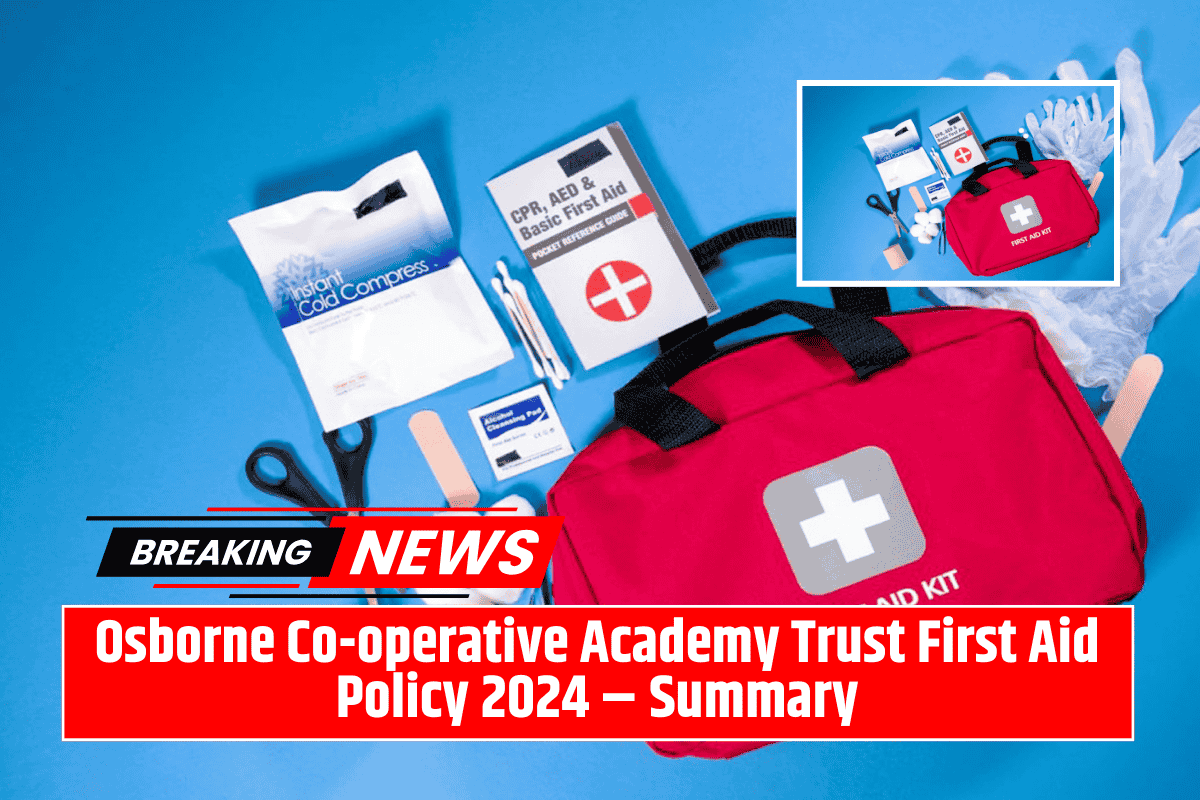At Osborne Co-operative Academy Trust, we believe in offering fair opportunities to all students. Inspired by co-operative values like equality, honesty, and caring for others, our policies are designed to make sure every student has access to learning activities. This includes clear rules about when parents need to pay for school-related activities and when those costs can be reduced or cancelled. Let’s take a closer look at how these rules work.
Our Main Goals
We aim to:
- Have clear and fair rules for charging parents and offering financial help.
- Explain which school activities can have charges and when they don’t.
- Offer fun and educational trips and events while helping families who may struggle to pay.
Rules and Laws Behind This Policy
This policy follows the guidance from the Department for Education (DfE) and the Education Act 1996. As an academy trust, we follow the law as part of our funding agreement. Our policy also matches our articles of association.
What the Words Mean
Charge: A fee parents might have to pay for certain things.
Remission: When a charge is cancelled or not asked for.
Who is Responsible
Trust Board: They approve the policy and check it’s being followed, though they can assign this to others.
Headteachers: Make sure staff know the policy and use it properly.
Staff: Apply the policy fairly and ask questions if unsure.
Parents: Should talk to staff if they have any concerns or questions.
When We Cannot Ask for Payment
Education
No charges for:
- Applying for a place at school
- Lessons during school hours (including books or materials)
- Learning outside school if it’s part of the National Curriculum, a public exam, or religious education
- Instrument or singing lessons unless requested by parents
- Public exam entries if the school has prepared the student
Transport
No charges for:
- Taking students to and from school when required by the local authority
- Transport to other educational places arranged by the school
- Transport for exam requirements
- Transport during educational trips
Residential Visits
No charges for:
- Learning during trips in school hours
- Learning outside school hours if it’s part of the curriculum
- Covering staff on trips
When We Can Ask for Payment
Education
We can charge for:
- Items parents want their child to keep (like books or instruments)
- Optional extras (explained below)
- Some early years education
- Community use of school buildings
- Re-sits of exams if the student failed without a good reason
Optional Extras
This includes:
- Education outside school hours that isn’t part of the curriculum
- Exam fees if the school hasn’t prepared the student
- Extra transport
- Accommodation on residential trips
- Breakfast or after-school clubs
Charges for optional extras must be fair and only cover the actual cost. No student will be charged more to cover another student’s cost. Parents must agree before being charged.
Music Tuition
Parents can be charged for singing or instrument lessons if requested. But no charge if:
- It’s part of the curriculum
- It’s part of the Key Stage 2 music programme
- The child is looked after by the local authority
Residential Visits
We can charge for food and stay, but only the actual cost.
Voluntary Contributions
We might ask parents to give money for certain activities, like school trips or sports events. This is voluntary. If enough parents don’t contribute and no other funding is available, the activity may be cancelled. No student will be left out just because their parents can’t or won’t pay.
Activities We Do Charge For
We charge for activities like breakfast clubs, after-school events, and sports clubs. We will clearly explain the cost and what it covers, like transport or insurance. These charges are reviewed every September and shared with parents.
Financial Help (Remissions)
In some cases, parents don’t have to pay. This depends on the activity and the trust’s decision. For example, on residential visits, families who receive certain benefits don’t have to pay for accommodation and meals.
You may not have to pay if you receive:
- Income Support
- Income-based Jobseeker’s Allowance
- Income-related Employment and Support Allowance
- Support under the Immigration and Asylum Act
- Pension Credit (Guaranteed part)
- Child Tax Credit (if income is under £16,190 and no Working Tax Credit)
- Working Tax Credit run-on
- Universal Credit (income below £7,400 after tax)
Checking and Reviewing the Policy
The headteacher checks if this policy is being followed. The Head of Governance and Compliance reviews it every year. The Trust Board gives final approval each time.
Osborne Co-operative Academy Trust makes sure that money doesn’t stop students from enjoying school life. With clear rules, we support families and offer equal chances to all. We believe every child should enjoy learning through trips, clubs, and extra activities—without worrying about cost.












